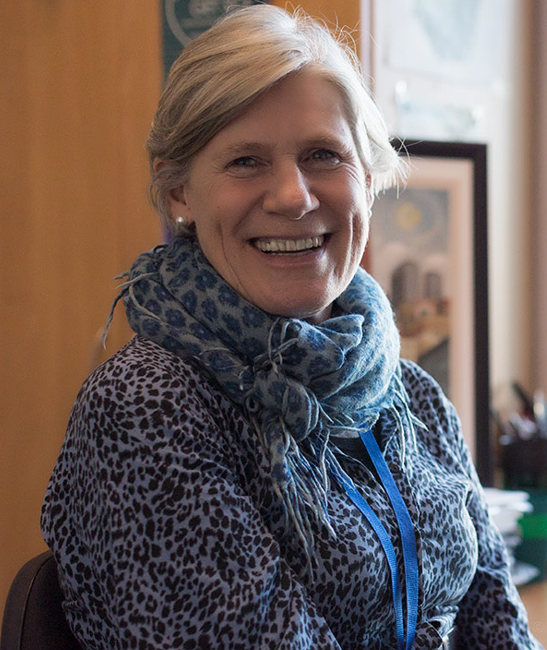News
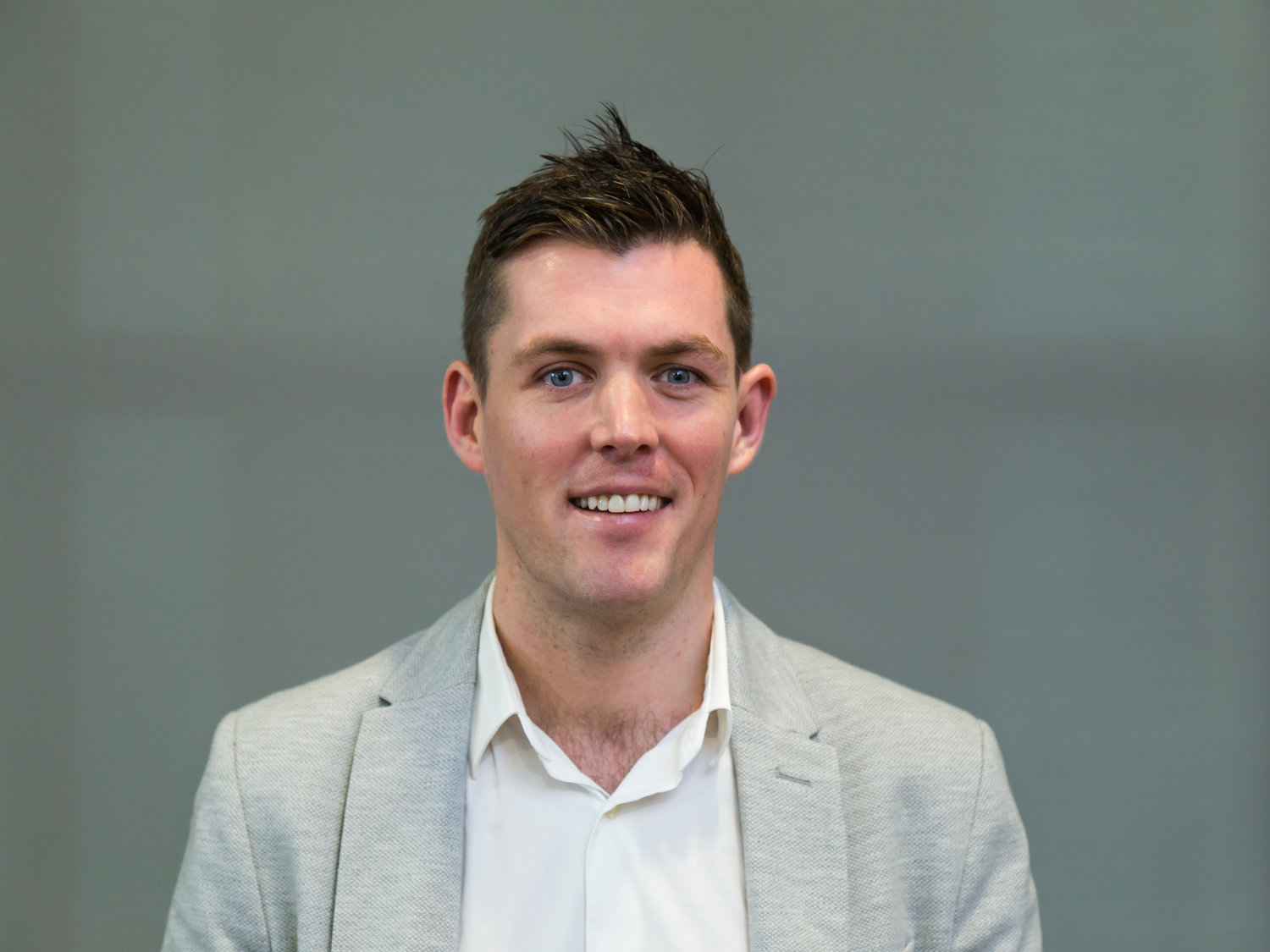
New machine-learning technique for classifying key immune cells .
The landmark research, which used human macrophages in experiments, was led by Michael Monaghan, Associate Professor in Biomedical Engineering at TBSI. The work brought together biomedical engineers, computer scientists and immunologists and has just been published in leading journal eLife
"
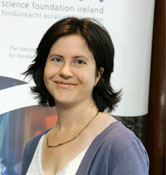
Many TBSI amongst the eleven TCD researchers who have been awarded €4 million to tackle global health challenges .
The newly announced Investigator-Led Projects for Health (ILP) 2022 from the Health Research Board (HRB) will drive advancements in treatments and therapies across a broad range of human health and disease including neurodegenerative disease, respiratory disease, bloodstream infection, arthritis, cancer, and depression
"

Scientists create luminescent gels with multitude of applications from counterfeiting to bio-sensing .
Both Dr Oxana Kotova, who is first author of the published study, and Professor Thorfinnur Gunnlaugsson, the senior author of the research article, are based in the School of Chemistry and AMBER and are located in the Trinity Biomedical Sciences Institute (TBSI)
"
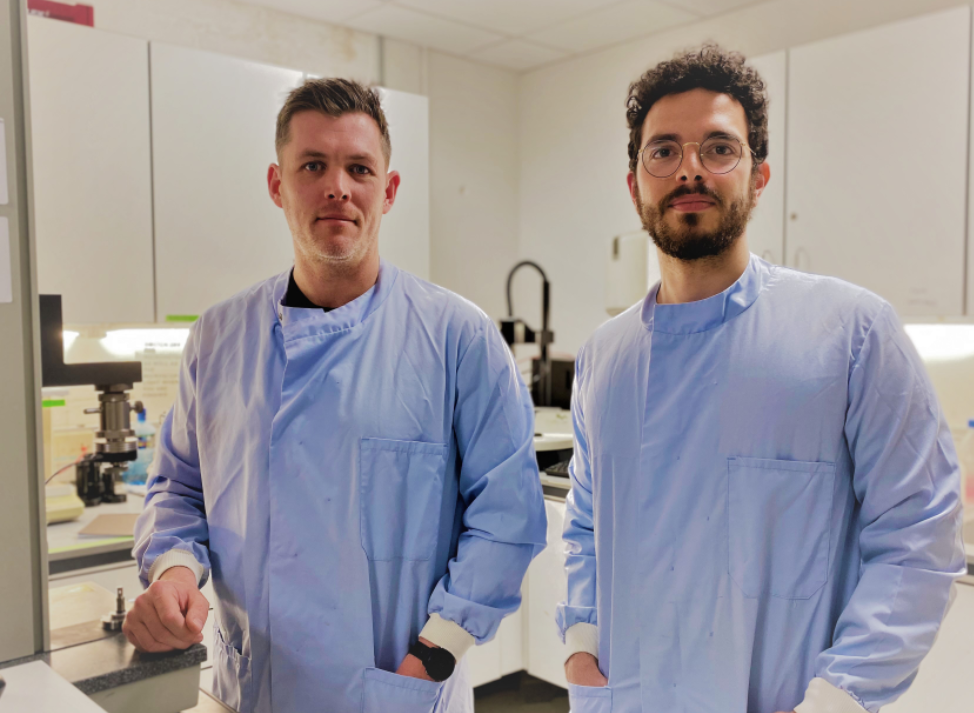
Centre for Biomedical Engineering at TBSI: Prof Michael Monaghan, Dr Matteo Solazzo and team have developed a low cost prototype wearable sensor for health care applications .
Researchers create prototype sponge-like sensor for personalised healthcare
"
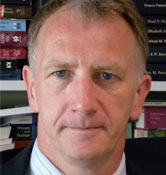
TBSI professor Richard Porter links with Artelo to investigate Fatty Acid Binding Protein inhibition in cancer.
this is the second collaboration between Richard K Porter, Associate Professor of Biochemistry & Immunology at TBSI and Artelo Biosciences"

The immunologists, led by Dr Nigel Stevenson, Assistant Professor in Viral Immunology at TBSI, have discovered how SARS and MERS proteins block the induction of antiviral proteins, which prevents us from mounting a strong innate immune response against infection .
immunologists unravel battle plans of deadly coronaviruses
"
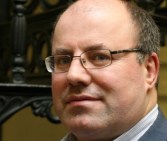
Discovery of new immune process that regulates inflammation in human fat may help manage obesity. TCD Comms .
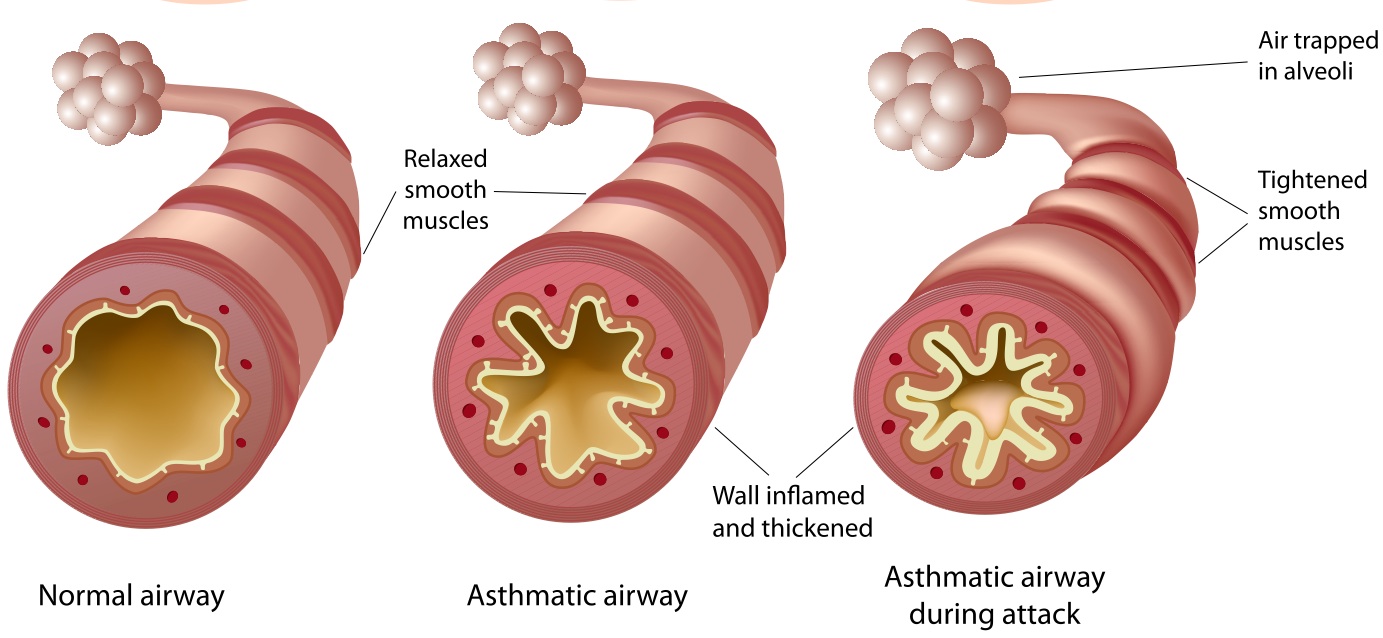
Researchers discover new therapeutic target for severe asthma, lead investigator Luke O’Neill .
The findings sprang from an international collaboration involving scientists in Sydney, Beijing and Graz
"
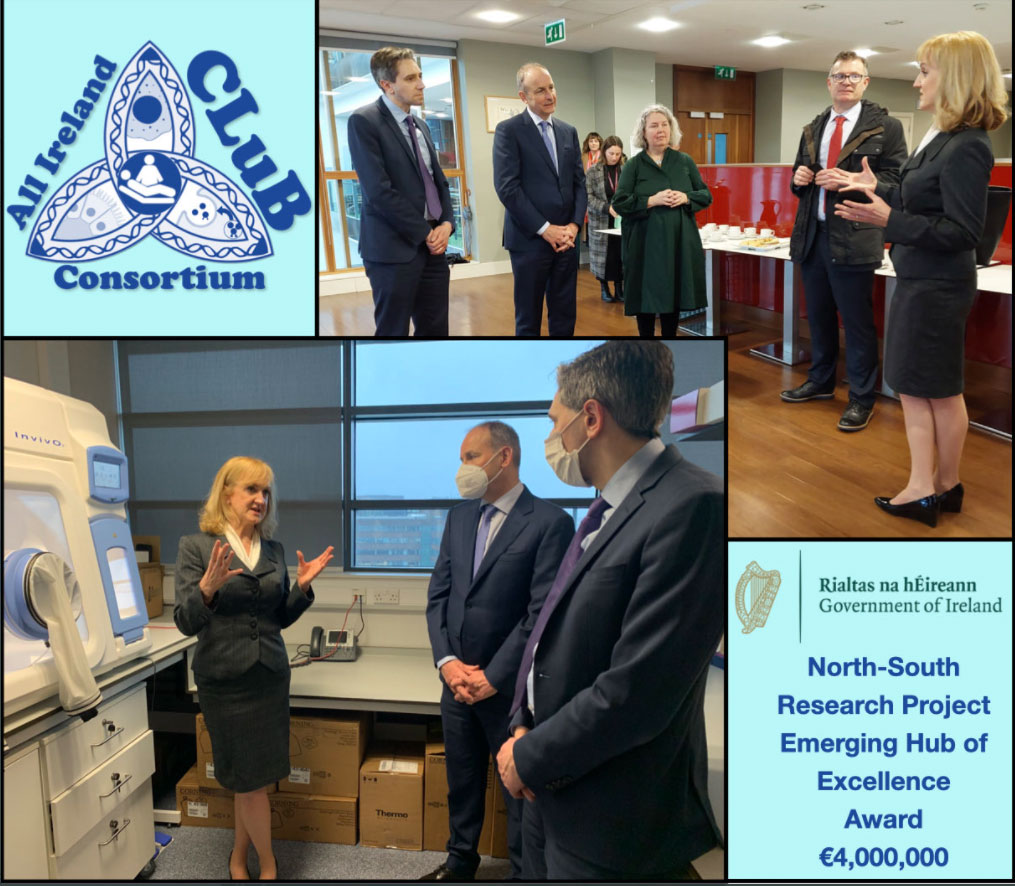
North-South Cancer Liquid Biopsies Research Programme. Irish Times.
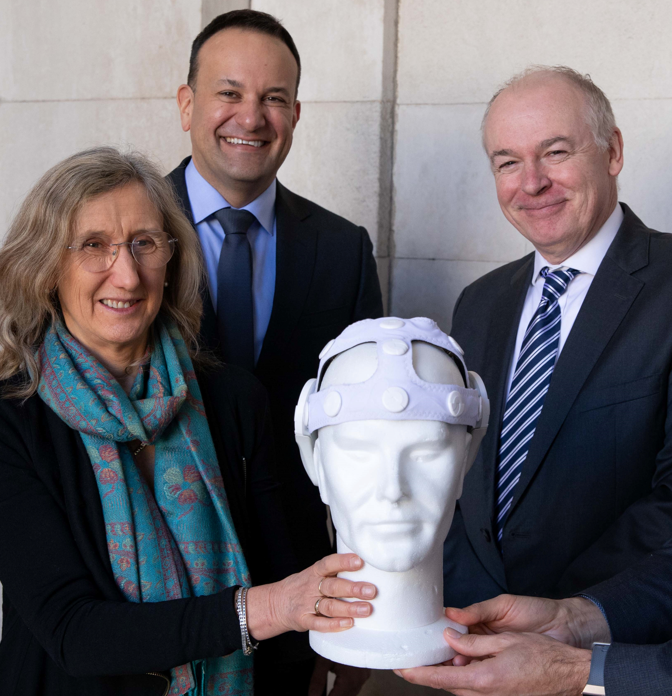
Tánaiste Leo Varadkar launches Irish-led €10 million project to deliver ‘precision medicine’ for Motor Neuron Disease .
ambitious academic, clinical and industry research programme that will provide new insights in our understanding of Motor Neuron Disease (MND), also known as Amyotrophic Lateral Sclerosis (ALS)
"

Scientists discover how key protein drives our immune response against viruses .
Andrew Bowie, Professor of Innate Immunology at Trinity College Dublin, who is based in the Trinity Biomedical Sciences Institute, pictured here
"
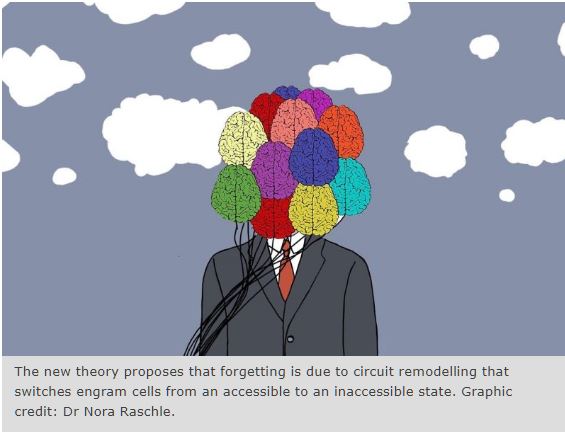
Why do we forget? New theory proposes ‘forgetting’ is actually a form of learning .
The scientists believe we learn to forget some memories while retaining others that are important
"
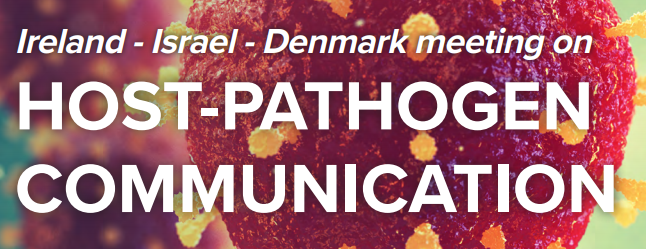
TBSI host Conference, 10 November,
view Poster ."
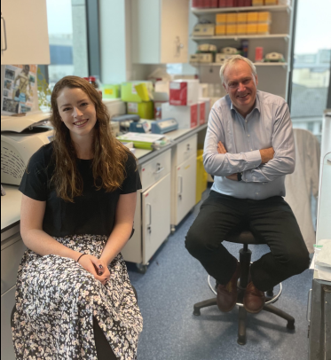
Scientists at TBSI discover new ways to block inflammatory cells implicated in a suite of diseases.
Ciana Diskin, lead author with senior author, Luke O’Neill
"
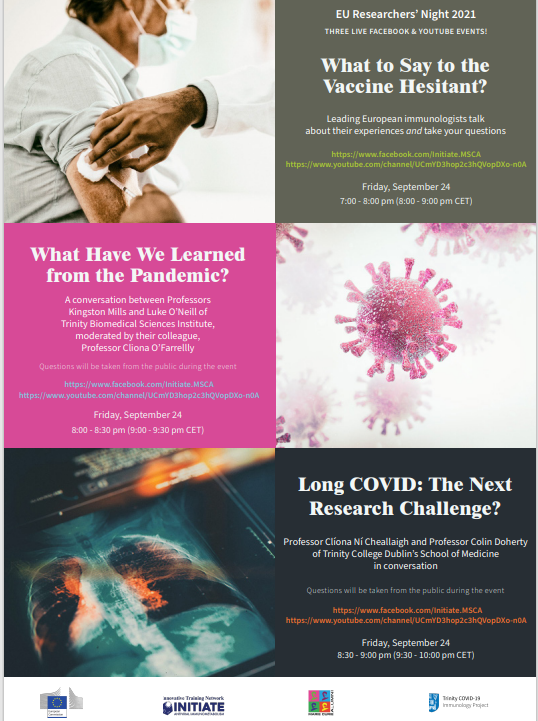
Initiate and Trinity COVID19 project are collaborating for EU Researchers Night.
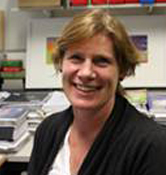
Irish scientists among global group hunting for genetic explanation to COVID-19 resistance.
why do some people not get COVID-19?
"
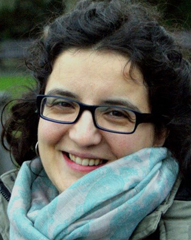
Quantum chemists conjure recipe to turn gold, silver and copper into vessels of green energy.

Scientists based in TCD/TBSI are researching plants and microbes in soil and water for pharmaceuticals.
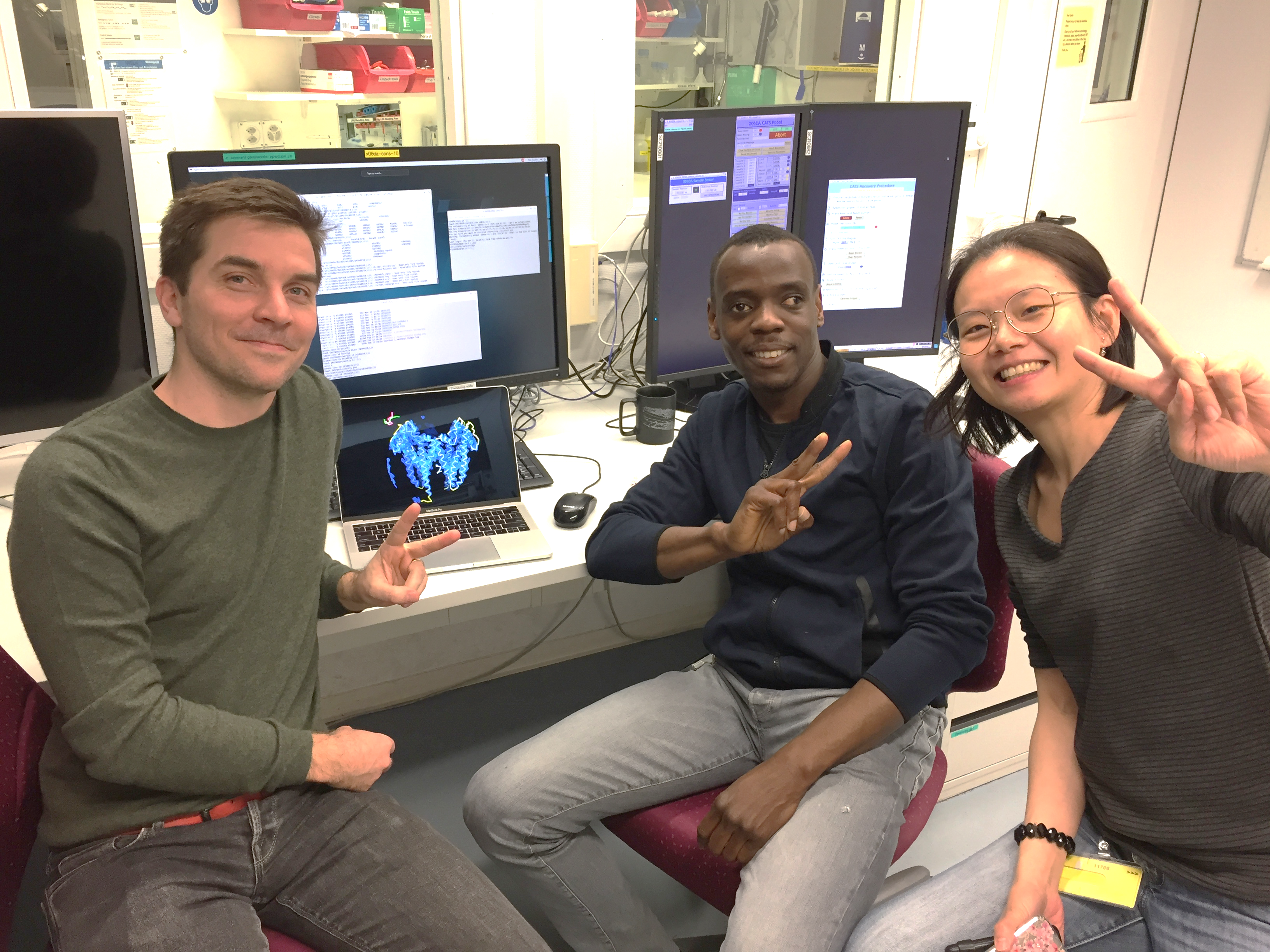
Scientists blueprint bacterial enzyme believed to play “stealthy” role in suppressing immune response.
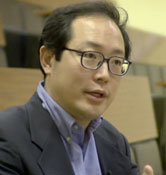
New approach to molecular drug design yields highly promising bladder cancer drug candidate following successful conclusion of Phase I/II clinical trials
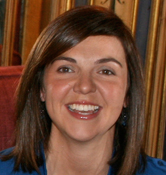
Immunologists discover new trick used by MRSA superbug.
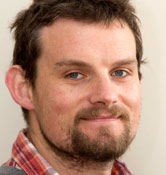
Dr David Finlay teams up with ONK Therapeutics to seek improved cancer therapies.
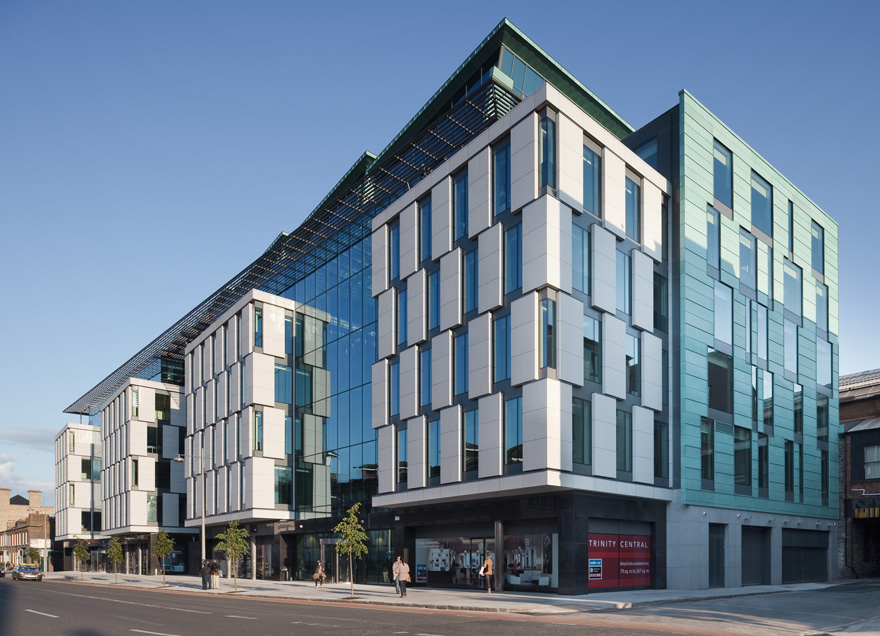
6 Irish start-ups taking to the virtual stage at BioEquity Europe. Great to see so many from TBSI involved.
TCD spin-outs Azadyne and Neuropath"

Three Trinity researchers win European Research Council Advanced Grants.
Congratulations to Danny Kelly (TBSI), one of the three recipients"
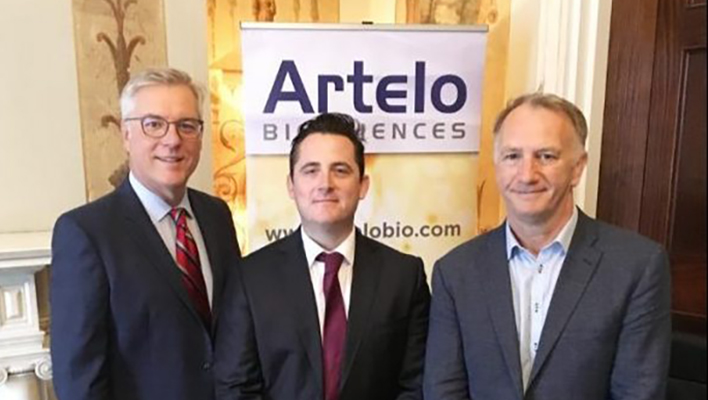
Researchers Investigate treatment of cancer cachexia in collaboration with Artelo Biosciences.
Led by Richard K Porter, Associate Professor of Biochemistry & Immunology at TBSI
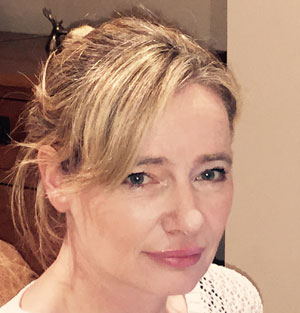
Two new potential therapeutic targets for rheumatoid arthritis.
Collaborative team led by Dr Achilleas Floudas and Professor Ursula Fearon (pictured here)
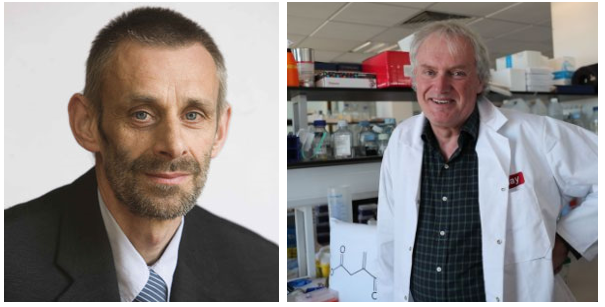
Science Foundation Ireland 2020 Science Awards recognise key leaders in the Irish Research Community.
SFI Researcher of the Year Award: Kingston Mills, SFI Outstanding Contribution to STEM communications: Luke O Neill

Is reaching zero COVID-19 possible?.
by Kingston Mills
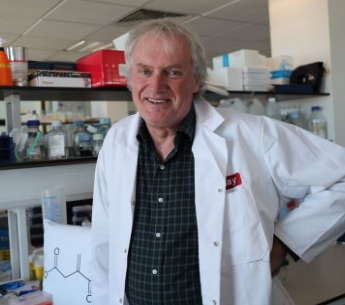
Landmark deal for UQ-Trinity inflammation startup.
Uniquest news.


